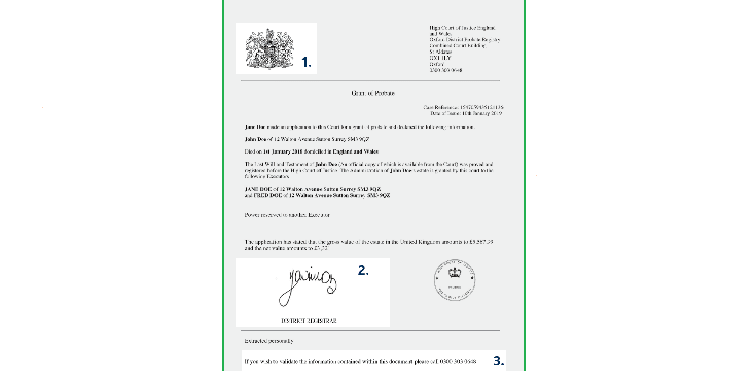
The process of valuing an estate for probate can be complex and time-consuming, but it is a necessary step in settling the affairs of a deceased person. Probate is the legal process of administering a deceased person's estate, which includes identifying, valuing, and distributing their assets to their beneficiaries. In this guide, we'll walk you through the steps of valuing an estate for probate.
The first step in valuing an estate for probate is to gather information about the deceased person's assets. This includes their property, bank accounts, investments, and any other assets they owned. You'll need to obtain copies of their bank statements, investment statements, and any other relevant documents that show the value of their assets.
The next step is to determine the value of the deceased person's property. This includes any real estate they owned, such as their main home and/or secondary homes if any.
Personal property includes any items that the deceased person owned, such as furniture, jewellery, and artwork. You'll need to determine the fair market value of each item. If an item has significant value, you may need to obtain an appraisal from a qualified appraiser.
However, if the property's value is just slightly below the Inheritance Tax threshold of £325,000, HM Revenue & Customs (HMRC) may challenge the valuation as an attempt to avoid taxation. In such cases, it's best to hire a RICS qualified surveyor or an estate agent to provide a valuation.
Hiring a RICS qualified chartered surveyor is the safest option as it provides an official valuation that has a stronger standing against potential challenges from HMRC. Chartered surveyors can also assess any necessary repairs or renovations before the property can be put up for sale. Moreover, they can advise on any potential development opportunities that might increase the property's value.
Before a property can be sold, several costs must be paid to maintain it, such as estate agent fees, cleaning and clearing fees, and repair and renovation costs, among others. These fees can be charged back to the estate, and the executor is not expected to pay out of their pocket during probate. However, the amount spent by the executor during probate directly impacts the amount left for the residuary beneficiaries to inherit. As the executor has a responsibility to act in the best interests of the beneficiaries, they should communicate with them about these costs before committing to spending the money.
Investments include shares, bonds, and other securities that the deceased person owned. You'll need to obtain the current market value of each investment.
Bank accounts include checking, savings, and money market accounts. You'll need to obtain the current balance of each account.
If the deceased person owned a business, you'll need to determine the value of their interest in the business. This may require obtaining a business valuation from a qualified appraiser.
Once you have determined the value of each asset, you'll need to add them up to calculate the total value of the estate. This is the value that will be used to determine if the estate is subject to estate tax.
In conclusion, valuing an estate for probate can be a complex process, but it is an important step in settling the affairs of a deceased person. By following the steps outlined in this guide, you can ensure that you have accurately valued the estate and complied with all legal requirements.
If you have any other questions about probate, please contact us and we will do our best to help you.